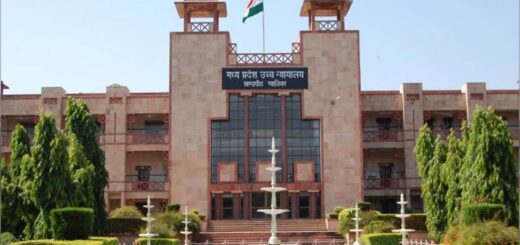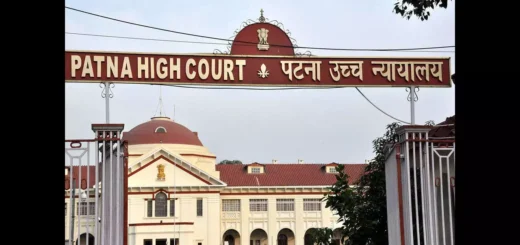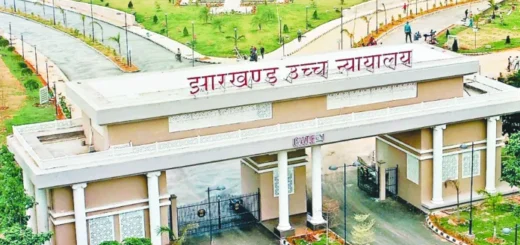The Supreme Court stated that individuals with strong values and high integrity should be chosen as members of the NCLT and NCLAT, and that political appointments should be avoided.

The Supreme Court has highlighted some shortcomings in the Insolvency and Bankruptcy Code, 2016 (IBC) and offered recommendations for the operation of the NCLTs (National Company Law Tribunal) and NCLATs (National Company Law Appellate Tribunal). The Court stressed the need for appointing individuals with strong principles and high integrity as members of the NCLT and NCLAT, avoiding any political appointments. This ruling came from civil appeals against a NCLAT decision that dismissed an appeal and upheld an NCLT order. The three-Judge Bench, including CJI D.Y. Chandrachud, Justice J.B. Pardiwala, and Justice Manoj Misra, noted that a shortage of members and inadequate resources have caused Tribunals to operate only a few days a week or for limited hours each day. Even where there are no vacancies, the lack of proper facilities has led to benches sharing courtrooms on a rotating basis. This situation has resulted in non-compliance with the strict timelines set in Section 12 of the IBC, 2016. It is essential to fill these vacancies with qualified experts and to address the Tribunals’ infrastructure needs to ensure the resolution process is not negatively impacted. The functioning of the Tribunals should adhere to strict schedules, and new member appointments should align with the retirement dates of current members to prevent operational issues. The Bench concluded that it is now up to Parliament to consider these suggestions in collaboration with the Insolvency Bankruptcy Board of India (IBBI) and the Ministry of Finance.
In this situation, the NCLT accepted the application from the State Bank of India (SBI) to start the Corporate Insolvency Resolution Process (CIRP) for Jet Airways (India) Limited, the Corporate Debtor, under Section 7 of the IBC. The total claim from the Financial Creditors was about Rs. 7,800 crores, and an Interim Resolution Professional (IRP) was appointed as the Resolution Professional (RP).
Later, the Committee of Creditors (CoC) approved the Resolution Plan from the respondent company. The RP submitted a request to the NCLT for approval of the Resolution Plan, which was granted. However, the workmen, employees of the Corporate Debtor, and several Operational Creditors contested the NCLT’s decision, but the NCLAT upheld it. Consequently, the appellants challenged three interim orders from the NCLAT in the Supreme Court. In this context, the Supreme Court stated, “We believe that in extraordinary circumstances, the Court can exercise its powers to ensure the goals of the Code, 2016 are met. If it were accepted that inherent powers should not be used when a procedure exists, it could undermine the purpose of granting these powers under Article 142 and Rule 11 of the NCLT Rules.”
The Court has ordered the Corporate Debtor to go into liquidation as per the rules of the IBC. It noted that starting the liquidation process quickly would benefit both the Corporate Debtor and the creditors, including employees who are still owed money. The Court stated that there is no need for the parties to return to the Adjudicating Authority for a decision under Section 33(3) of the IBC, 2016 regarding any violations of the approved Resolution Plan. The Court emphasized that this case highlights important issues in the IBC, 2016 that need urgent attention. It also mentioned the need to address the operations of the NCLTs and NCLAT before concluding the case.
Cause Title: State Bank of India & Ors. v. The Consortium of Mr. Murari Lal Jalan and Mr. Florian Fritsch & Anr. (Neutral Citation: 2024 INSC 852)









